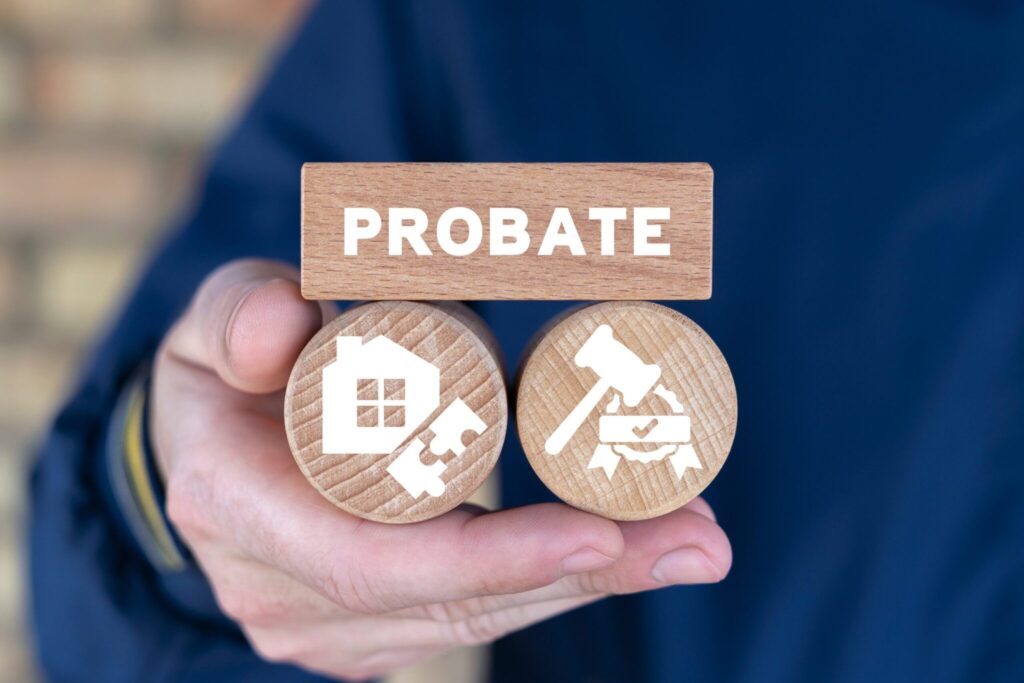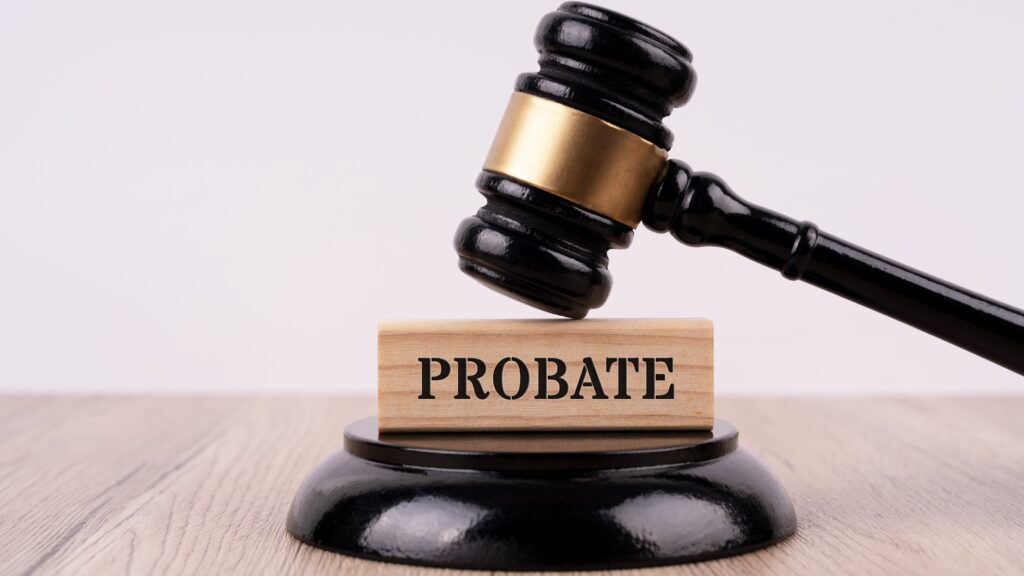Common Challenges in the Probate Process
The probate process can present various challenges, including disputes among heirs, delays due to court backlogs, and complexities related to asset valuation. Understanding these challenges is essential for anyone navigating probate, as they can significantly impact the timeline and outcome of the estate settlement.
For instance, if multiple heirs disagree on the distribution of assets, it may lead to legal disputes that require mediation or even litigation. Additionally, if the estate includes complex assets like businesses or real estate, expert appraisals may be necessary, further complicating the process.
Steps to Minimize Probate Delays
To avoid unnecessary delays in the probate process, there are several proactive steps that can be taken. This includes ensuring that all estate documents are in order, having a clear will, and appointing a reliable executor who can manage the process efficiently.
Moreover, communicating openly with all heirs and beneficiaries can help mitigate conflicts that often lead to delays. For example, providing regular updates about the probate process can foster trust and reduce misunderstandings among family members.
Understanding the Role of an Executor in Texas Probate
The executor plays a crucial role in the Texas probate process, responsible for managing the deceased's estate and ensuring that the terms of the will are executed properly. This includes gathering assets, paying debts, and distributing property to beneficiaries in accordance with the will.
In Texas, the executor must also navigate legal requirements, such as filing necessary documents with the probate court and adhering to deadlines. Failure to fulfill these responsibilities can result in legal complications or personal liability for the executor.
Alternatives to Traditional Probate in Texas
In some cases, individuals may seek alternatives to traditional probate to expedite the transfer of assets. Options such as small estate affidavits or transfer-on-death deeds can simplify the process and reduce court involvement.
For example, a small estate affidavit can be used if the total value of the estate is below a certain threshold, allowing heirs to claim assets without going through the full probate process. Understanding these alternatives can save time and reduce costs for families dealing with estate matters.
Common Challenges in the Probate Process
The probate process can present various challenges, including disputes among heirs, delays due to court backlogs, and complexities related to asset valuation. Understanding these challenges is essential for anyone navigating probate, as they can significantly impact the timeline and outcome of the estate settlement.
For instance, if multiple heirs disagree on the distribution of assets, it may lead to legal disputes that require mediation or even litigation. Additionally, if the estate includes complex assets like businesses or real estate, expert appraisals may be necessary, further complicating the process.
Steps to Minimize Probate Delays
To avoid unnecessary delays in the probate process, there are several proactive steps that can be taken. This includes ensuring that all estate documents are in order, having a clear will, and appointing a reliable executor who can manage the process efficiently.
Moreover, communicating openly with all heirs and beneficiaries can help mitigate conflicts that often lead to delays. For example, providing regular updates about the probate process can foster trust and reduce misunderstandings among family members.
Understanding the Role of an Executor in Texas Probate
The executor plays a crucial role in the Texas probate process, responsible for managing the deceased's estate and ensuring that the terms of the will are executed properly. This includes gathering assets, paying debts, and distributing property to beneficiaries in accordance with the will.
In Texas, the executor must also navigate legal requirements, such as filing necessary documents with the probate court and adhering to deadlines. Failure to fulfill these responsibilities can result in legal complications or personal liability for the executor.
Alternatives to Traditional Probate in Texas
In some cases, individuals may seek alternatives to traditional probate to expedite the transfer of assets. Options such as small estate affidavits or transfer-on-death deeds can simplify the process and reduce court involvement.
For example, a small estate affidavit can be used if the total value of the estate is below a certain threshold, allowing heirs to claim assets without going through the full probate process. Understanding these alternatives can save time and reduce costs for families dealing with estate matters.





